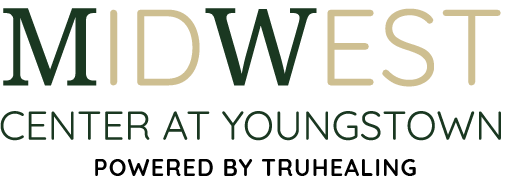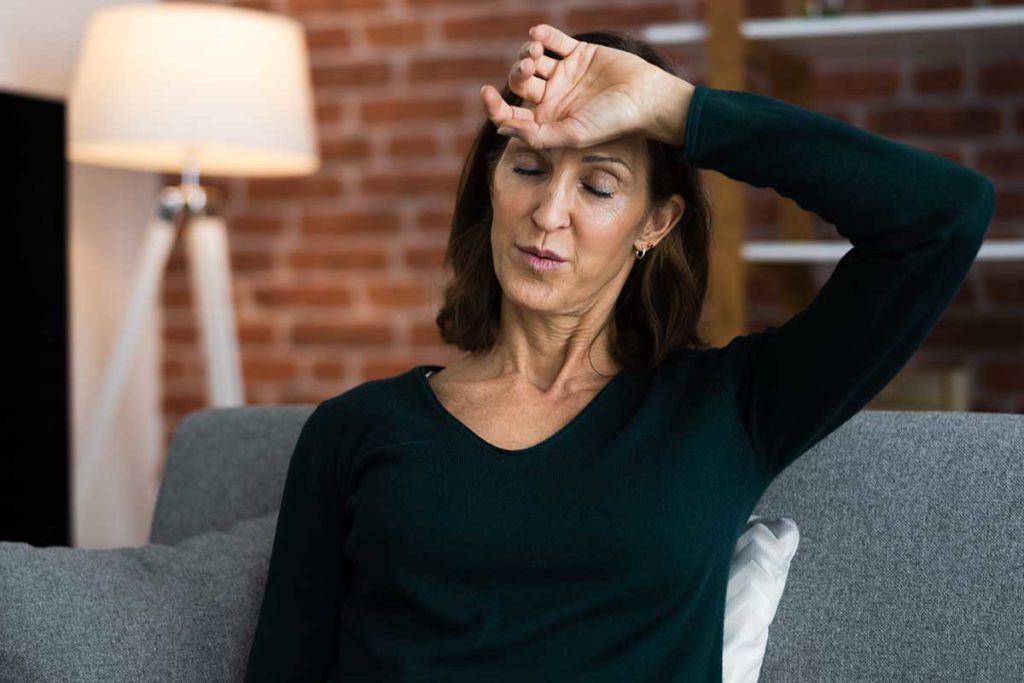If you are struggling with drug addiction, you may have considered trying at-home addiction treatment. Before attempting an at-home detox, there are some things you should know. Several factors can affect the severity of withdrawal symptoms as well as your health and safety as you detox from a substance.
At Midwest Center at Youngstown, we understand that you may prefer detoxing in the comfort and familiar surroundings of your own home. We want to make sure that you are safe and comfortable as you go through withdrawal. Our outpatient addiction treatment programs include support and encouragement so you can remain in your home surrounded by your loved ones as you detox from drugs or alcohol. Call us today at 844.544.0502 to learn more about how our treatment programs can support your at-home addiction recovery.
Is It Safe to Do an At-Home Detox?
People may wish to detox at home on their own for several reasons. They may prefer to have privacy while they detox from drugs. They are concerned about taking time off from work or family responsibilities or are worried about a stigma associated with getting help from an addiction treatment center. Regardless of the reason, it may not be a good idea to attempt a self-detox at home. Here are some of the downfalls of trying to quit addiction on your own:
- It may not be safe to quit cold turkey without proper supervision. Several factors can affect your withdrawal experience, including the type of drug you were using, how long you used it, how much you were using, any co-occurring mental health conditions, and your overall state of health. Symptoms can range from mildly uncomfortable, like headache and fatigue, to extremely painful or even fatal, such as vomiting, hallucinations, convulsions, suicidal thoughts, and coma.
- It can be much less effective than professional treatment. Because of the potential severity of withdrawal symptoms, many people end up relapsing just to relieve themselves of the discomfort.
- It is not conducive to lasting recovery. Even if you do manage to get through the withdrawal symptoms on your own, it will be extremely difficult to maintain sobriety unless you address contributing factors such as your home and work environment, relationships, stress, and co-occurring mental health conditions.
For safe, reliable at-home addiction treatment, it is recommended that you seek the support of an outpatient drug addiction program.
How Does At-Home Addiction Treatment Work?
With the help of an outpatient program, you can get the support you need for safe and effective at-home addiction recovery. Here are some of the components of an outpatient drug addiction treatment program:
- Medication-assisted treatment can make all the difference in your comfort level, especially as you detox. Depending on the type of drug you were using, certain medications will help minimize or eliminate symptoms like cravings, aches, and pains. As an outpatient, you will be given these medications to take home as part of your at-home addiction recovery plan.
- Therapy is an essential part of lasting recovery, giving you a huge advantage over just trying to quit drugs on your own. Your program may include individual counseling, group therapy, and family therapy to help address multiple areas of your life that can impact your recovery.
- The support you receive from your treatment team ensures that you can speak with someone any time of day or night when you are struggling with cravings, discomfort, or stress.
Midwest Center at Youngstown: Supporting Your Addiction Recovery
Understandably, you may feel more comfortable sleeping in your own bed each night as you detox from drug addiction. The outpatient programs at Midwest Center at Youngstown can help support your at-home addiction recovery with a comprehensive program consisting of medication, therapy, and a caring treatment team. Give us a call today at 844.544.0502 to get started on the path to lasting recovery.

